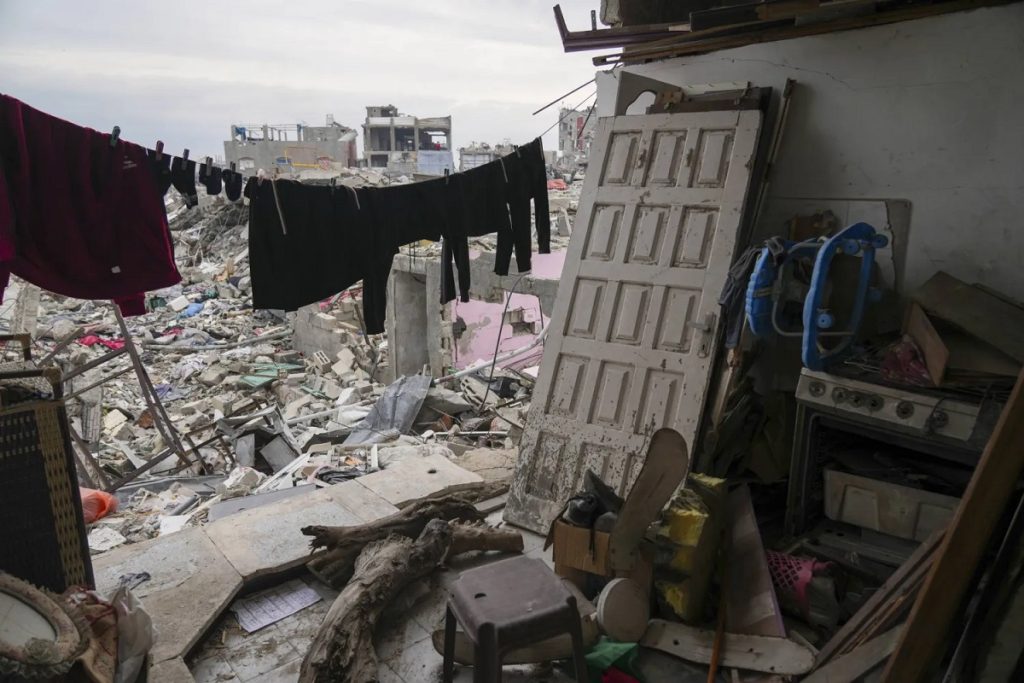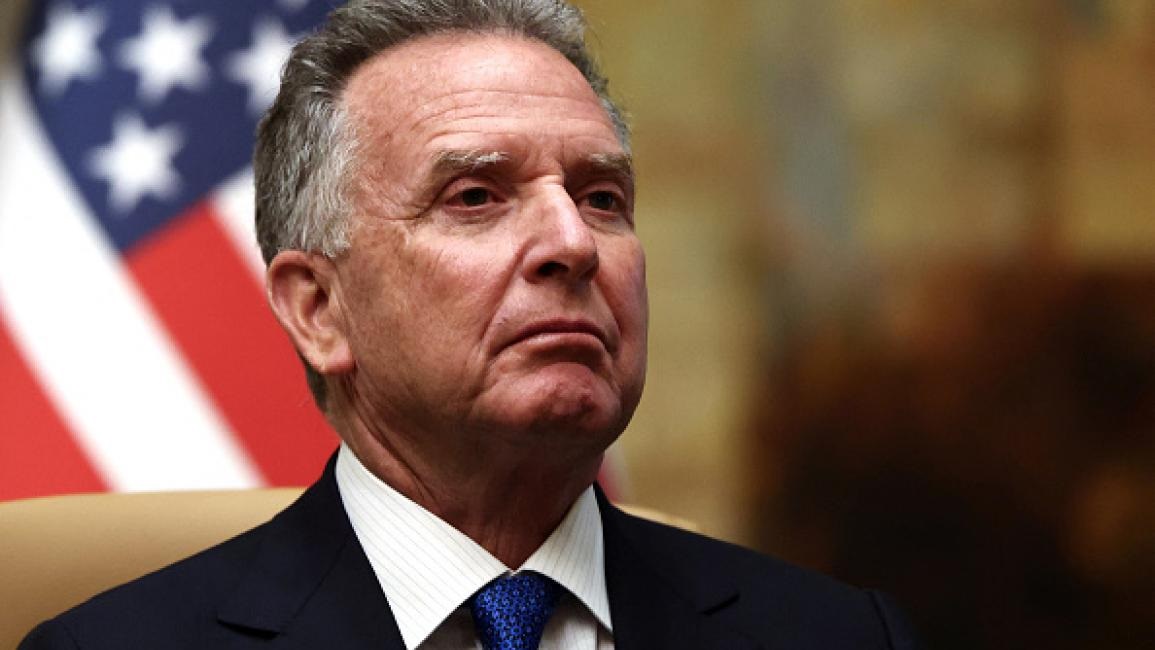Watan-The Hebrew Broadcasting Authority reported on Saturday that the U.S. envoy to the Middle East, Steve Whitcoff, is expected to visit Israel by the end of next week.
The official Hebrew authority stated that Whitcoff’s expected visit by the end of next week will take place after the “State of the Union” address, which U.S. President Donald Trump is set to deliver next Tuesday.
On Tuesday, Israeli media reported that Whitcoff had postponed his visit to the region, including Israel, which was originally scheduled for last Wednesday.
N Warns of Catastrophic Consequences as Netanyahu Delays Ceasefire Talks
Meanwhile, the Hebrew newspaper Haaretz reported, citing an unnamed Israeli source, that Whitcoff’s visit to Israel was delayed due to the crisis over Israel’s suspension of the release of approximately 620 Palestinian prisoners. Israeli Prime Minister Benjamin Netanyahu blocked the prisoners’ release last Saturday despite Hamas fulfilling its commitments, before they were eventually freed.
In this context, United Nations Secretary-General António Guterres warned on Saturday that the possibility of renewed war in the Gaza Strip would be “catastrophic.”
His spokesperson, Stéphane Dujarric, stated in a press release: “It is essential to make every effort to prevent a resumption of hostilities, which would be catastrophic.” He added, “A permanent ceasefire and the release of all hostages are necessary to avoid escalation and further devastating consequences for civilians.”

On January 19, the first phase of the ceasefire and prisoner exchange agreement began. The agreement consists of three phases, each lasting 42 days, with negotiations required for the next phase before completing the current one.
While Netanyahu continues to delay the start of negotiations for the second phase—which was supposed to begin on February 3—the first phase saw the release of 33 captives, including eight bodies, in exchange for 1,755 Palestinian prisoners.
-
-
-
-
-
-
